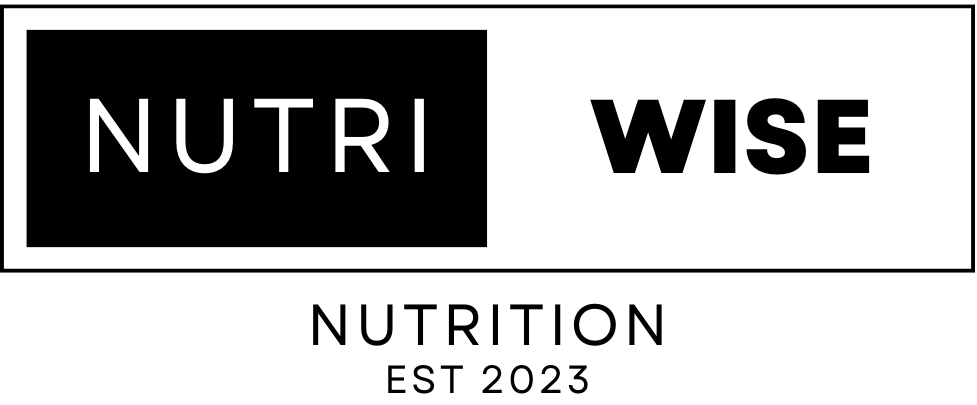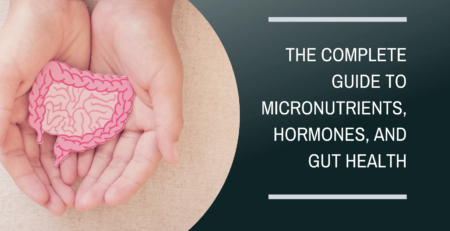5 Nutrient-Packed Foods For A Healthy Diet!
A balanced and nutrient-dense diet is imperative for good health and well-being. Consuming whole foods that are rich in vitamins, minerals, and antioxidants can provide the body with essential nutrients that promote optimal physical and cognitive health.
This article aims to explore five nutrient-packed foods that should be included in a healthy diet for optimal health.
Firstly, blueberries are a popular superfood that is packed with nutrients and antioxidants. These small berries are loaded with fiber, vitamin C, and vitamin K, and have been linked to improved cognitive function and cardiovascular health.
Secondly, avocados are a versatile fruit that is rich in healthy fats, fiber, potassium, and vitamins C and K. Studies have shown that consuming avocados can help lower cholesterol levels, reduce inflammation, and improve heart health.
Lastly, almonds and leafy greens are two food groups that are nutrient-dense and offer a myriad of health benefits. Almonds are a good source of protein, healthy fats, and fiber, while leafy greens such as spinach and kale are rich in vitamins A, C, and K, iron, and calcium.
Incorporating these foods into a healthy diet can help promote optimal health and well-being.
Blueberries
Blueberries are a nutrient-dense whole food that can be included in a healthy diet, as they offer numerous health benefits. Blueberries are low in calories but high in nutrients, making them an excellent addition to any diet.
Additionally, blueberries contain more antioxidants per serve than any other fruit or vegetable, which can help suppress free radicals and reduce blood pressure and lower cholesterol levels.
The benefits of consuming blueberries are many. Blueberries are known to be rich in vitamins C, K, and fiber and can also help to improve brain function and reduce the risk of heart disease. They are also an excellent source of manganese, which is essential for bone health and metabolism.
One easy way to incorporate blueberries into your diet is by adding them to your smoothies, oatmeal, or yogurt. Another way is by snacking on them throughout the day or using them as a topping for salads or desserts.
Avocados
Avocados are rich in monounsaturated fatty acids and contain up to twenty different vitamins and minerals. These nutrients make avocados a staple ingredient in a healthy diet. Avocados are also beneficial for heart health and reducing triglycerides and bad cholesterol.
Oleic acid, a type of monounsaturated fatty acid present in avocados, has anti-inflammatory properties. Moreover, the digestible fiber in avocados aids in the reduction of colon cancer.
Not only are avocados healthy, but they also make for a versatile ingredient in the kitchen. Avocado toast recipes have become increasingly popular in recent years, with endless variations to choose from. Additionally, avocado oil has a high resistance to heat-oxidation, making it a healthier substitute for use in cooking.
Incorporating avocados into your diet can provide numerous health benefits, while also adding delicious flavor to your meals.
Almonds and Leafy Greens
Almonds and leafy greens offer a range of health benefits and are important additions to a balanced diet.
Almonds are nutrient-dense drupes that are higher in fibre, calcium, vitamin E, and niacin than any other tree nut. They contain a higher concentration of monounsaturated fats, which aids in heart health, blood pressure, and blood glucose levels. Almonds also contain high levels of antioxidants in their brown skin that help to fight against free radicals in the body.
Leafy greens, such as spinach, kale, and collard greens, are low-calorie vegetables that are ideal for weight management. They are rich in dietary fibre, vitamin C, potassium, iron, and folic acid. Carotenoids like lutein and zeaxanthin found in leafy greens protect the eyes against cataracts and degeneration. Adding leafy greens to your diet can also aid in reducing the risk of cancer, heart disease, and diabetes.
Ways to incorporate almonds and leafy greens into your daily meals include adding them to salads, smoothies, stir-fries, or as a snack on their own. By adding these nutrient-packed foods to your diet, you can improve your overall health and wellbeing.
Beef
Say what you want about meat consumption, but if you want to maximise nutrients in your diet and do something good for your health you need red meat in your diet. Red meat such as beef contains a larger quantity of protein per 100 grams than pretty much any other food source. Cooked beef is especially high in B12, providing approximately 4 micrograms per serve (170g) and has around 75 percent of the RDI for B2, 80 percent of the RDI for B3, close to 50 percent of the RDI for B6 and 25 percent of the RDI for B5.
Red meat in the form of quality beef also contains creatine, essential for energy production and cognitive function. Creatine helps fight brain fog and is available in large amounts in beef.
Lastly, beef is also high in saturated fats which are vital for hormone production. If you’re into health and fitness you need red meat in your diet, and not just in minced or ground form either – whole pieces or as close to as possible should be your primary source, keeping those nutrients locked in is the key!











